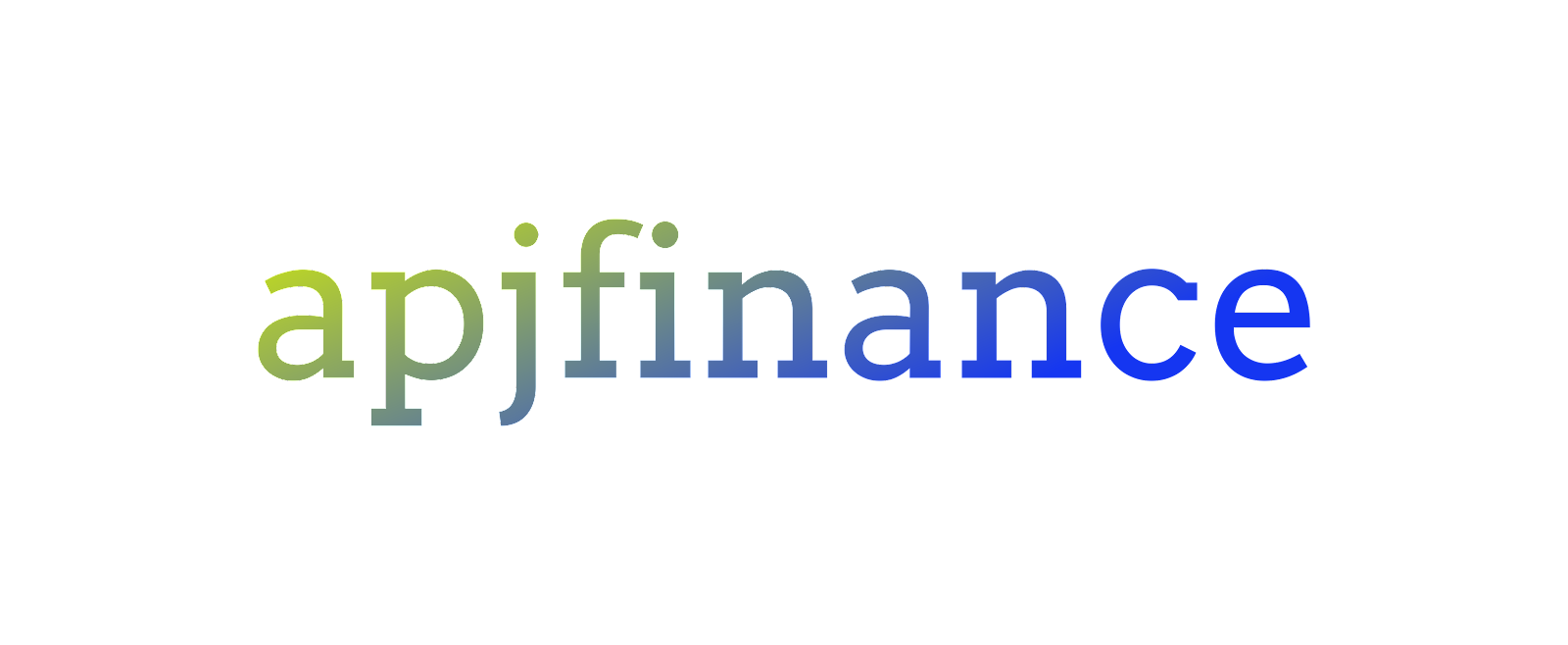The UK's flourishing film industry can help Rishi Sunak learn how to grow.
A rare bright spot for Britain's struggling economy is the emergence of four new sound stages in fields roughly a half-drive hour's to the west of London's Heathrow Airport.
Once the building is finished at the end of 2023, the expansion of Shinfield Studios, which is rumoured to be hosting a new Walt Disney Co. Star Wars production, is expected to bring in investment of £600 million ($726 million) a year for film and TV productions.
It's a part of a larger boom in the British film business that teaches Prime Minister Rishi Sunak's administration a lesson and issues a warning about how to promote growth. The production ecosystem is expanding at a record rate, fueling an increase in demand for content. This growth is being fueled by precisely targeted tax incentives that were introduced in 2007 and renewed in 2013. The industry is growing so swiftly that it is having trouble filling positions.
According to Shevaun Haviland, director general of the British Chambers of Commerce, "Given the hurdles experienced by firms in the wake of the epidemic, this level of industry growth is astounding and one of the great British success stories."
According to the British Film Institute, total spending on high-end film and television projects in the UK reached a record £5.72 billion ($6.9 billion) in the year through June, up 3% from the previous year. 83 percent of the total was inward investment from foreign production companies operating in the UK. According to Census Bureau data, it is outpacing the $66 billion in costs that the US film industry incurs annually.
For Britain, the creative industries are crucial. Since 2013, the number of film crews has multiplied, and with funding from streaming behemoths like Amazon.com Inc., Apple Inc., and Netflix Inc., UK high-end TV production has increased at an average yearly pace of 19%.




.png)


No comments: